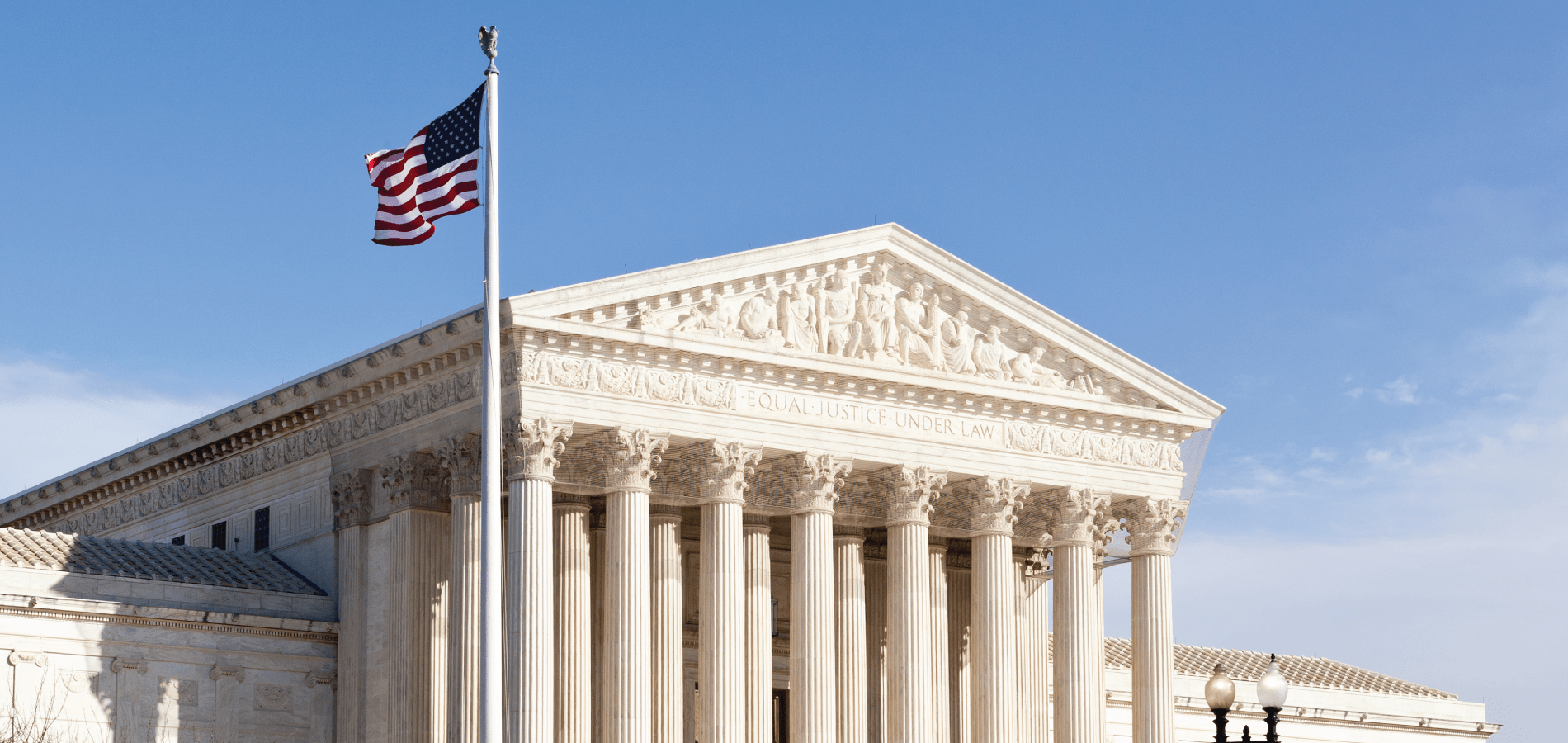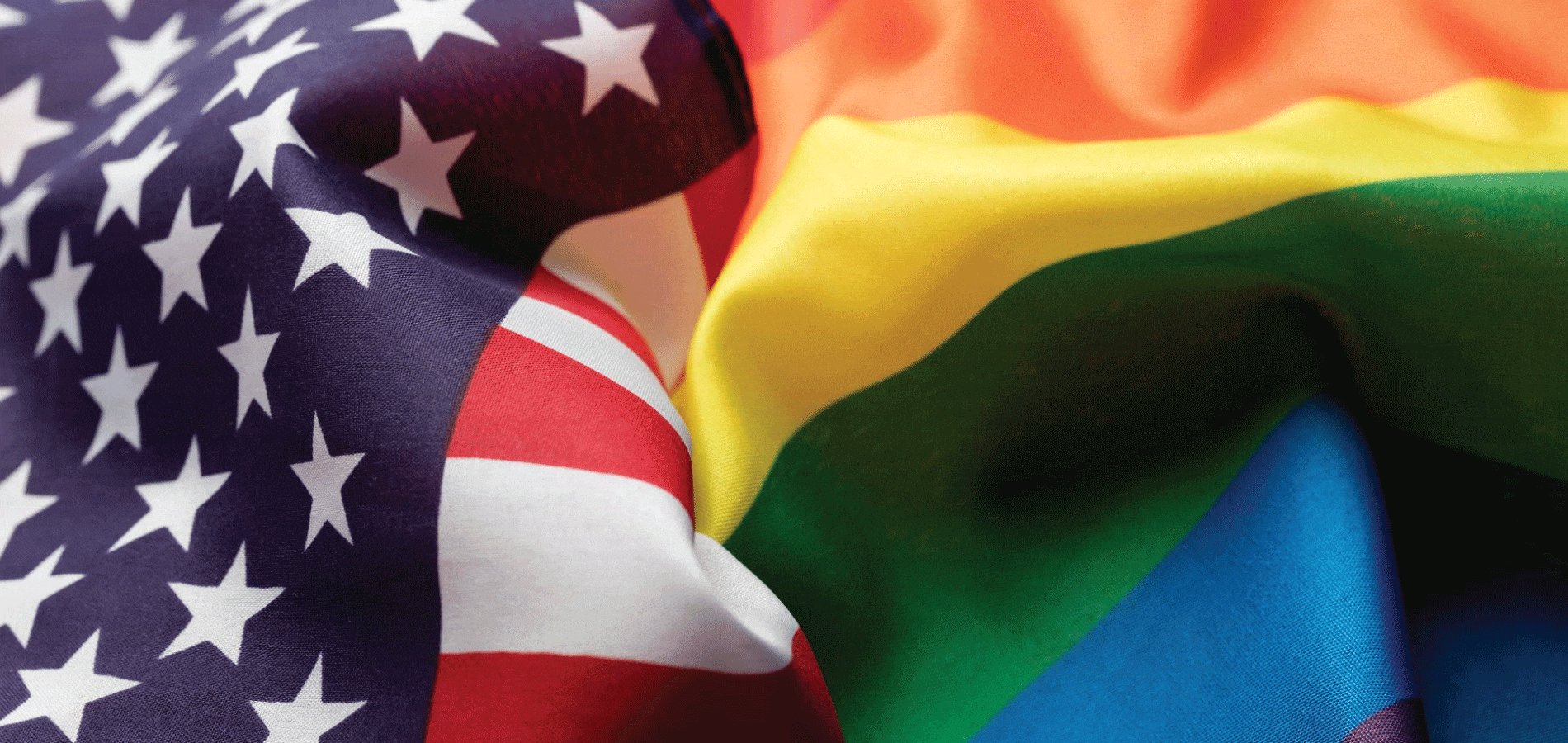Back in August 2020, former President Donald Trump attempted to ban the popular short-form video hosting service TikTok. He issued an executive order[1]Administration of Donald J. Trump, 2020 Executive Order 13942-Addressing the Threat Posed by TikTok, and Taking Additional Steps To Address the National Emergency With Respect to the Information and Communications Technology and Services Supply … Continue reading prohibiting transactions with the China-based company ByteDance, owners of TikTok, under the International Emergency Economic Powers Act.[2]With respect to the powers of the President in time of war or national emergency, Public Law 95-223, 95 Congress. 91 Stat. 1625 (1977). This document can be found in HeinOnline’s U.S. Statutes at Large database. TikTok later filed a motion[3]TikTok Inc. v. Donald J. Trump. 490 F.Supp.3d 73 (2020). This document can be found in HeinOnline’s integration with Fastcase for a preliminary injunction, but the ban was later fully blocked by Judge Nichols.
In 2021, TikTok became the world’s most visited website[4]Anupam Chander, Trump v. TikTok, 55 VAND. J. Transnat’l L. 1145 (2022). This article can be found in HeinOnline’s Law Journal Library and the most downloaded app in 2022. As 2023 unfolds, concerns persist within the Biden Administration regarding the potential for Beijing to gain access to sensitive data of American users or exploit its algorithm to disseminate propaganda via TikTok.
Testimony Takeaways
Following the introduction of a bipartisan bill granting President Biden the power to prohibit TikTok, Shou Zi Chew, the CEO of TikTok, appeared before the House Energy and Commerce Committee to provide testimony. The RESTRICT Act,[5]169 Cong. Rec. S883 (2023). This document can be found in HeinOnline’s U.S. Congressional Documents database or the Restricting the Emergence of Security Threats that Risk Information and Communications Technology Act, does not mention TikTok by name, but it encompasses businesses originating from adversarial nations such as China, Cuba, Iran, North Korea, Russia, and Venezuela.
In the five hours of testimony, Chew confirmed that American data is only stored on American soil. When questioned about the safety of children, he noted the app’s parental controls and age restrictions. Regarding additional concerns about safety surrounding certain TikTok challenges and teen addiction, Chew said these are concerns for any social media app, not just his, and that he employs 40,000 moderators to track harmful content.
With all due respect, American companies don’t have a great track record with data … Just look at Facebook and Cambridge Analytica.
Furthermore, TikTok proposed plan “Project Texas,” a $1.5 billion program that includes a contract with Austin, Texas-based Oracle to store data from the app’s American users. While Chew continued to reiterate that this solution would address their concerns, the lawmakers did not seem to buy it. One Republican, Dan Crewshaw, thanked Chew for bringing Republicans and Democrats together, often a hard feat amongst politicians.
TikTok has faced bans on official devices by the U.S. armed forces, over half of U.S. states, the federal government,[6]NO TIKTOK ON GOVERNMENT DEVICES ACT. S. Rept. 117-256 (2022-2023). This report can be found in HeinOnline’s U.S. Congressional Serial Set database and several other countries. Denmark, Canada, Great Britain, New Zealand, and even the European Union have implemented comparable prohibitions on the platform.
What Are Politicians Saying?
The topic of the TikTok ban has politicians voicing their opinions. Two days after Chew’s testimony, Representative Alexandria Ocasio-Cortez published her first video on the platform stating that the bigger issue at hand is protecting Americans from egregious data harvesting. Representative Jamaal Bowman of New York, Mark Pocan of Wisconsin, and Robert Garcia of California have also shared similar sentiments.
@aocinthehouse Some thoughts on TikTok…
♬ original sound – Alexandria Ocasio-Cortez
In an unusual move, Republican Senator Thom Tillis from North Carolina publicly issued a statement calling on all members of Congress to refrain from using TikTok. Congressman Raja Krishnamoorthi released a statement that he was in favor of the ban. What’s more, Senator Josh Hawley and House Speaker Kevin McCarthy have both been vocal on Twitter about their opposition to the popular social media app.
It's very concerning that the CEO of TikTok can't be honest and admit what we already know to be true—China has access to TikTok user data.
— Kevin McCarthy (@SpeakerMcCarthy) March 26, 2023
The House will be moving forward with legislation to protect Americans from the technological tentacles of the Chinese Communist Party.
The End of an Era?
Montana made history by becoming the inaugural state to pass a law that prohibits TikTok from operating on personal devices within its borders. Additionally, app stores will be prohibited from offering TikTok for downloads. The legislation, which was signed by state governor Greg Gianforte, is set to take effect in January 2024. However, TikTok is expected to contest the bill in federal court.
While a federal ban on social media has not been implemented thus far, the future remains uncertain, particularly for TikTok. Amidst this backdrop, we can’t resist shamelessly plugging HeinOnline’s TikTok account! Follow us for exclusive behind-the-scenes footage of our scanners in action, intriguing law-related tidbits, and a whole lot more.
HeinOnline Sources[+]
| ↑1 | Administration of Donald J. Trump, 2020 Executive Order 13942-Addressing the Threat Posed by TikTok, and Taking Additional Steps To Address the National Emergency With Respect to the Information and Communications Technology and Services Supply Chain , Daily Comp. Pres. Docs. 1 (2020). This document can be found in HeinOnline’s U.S. Presidential Library. |
|---|---|
| ↑2 | With respect to the powers of the President in time of war or national emergency, Public Law 95-223, 95 Congress. 91 Stat. 1625 (1977). This document can be found in HeinOnline’s U.S. Statutes at Large database. |
| ↑3 | TikTok Inc. v. Donald J. Trump. 490 F.Supp.3d 73 (2020). This document can be found in HeinOnline’s integration with Fastcase |
| ↑4 | Anupam Chander, Trump v. TikTok, 55 VAND. J. Transnat’l L. 1145 (2022). This article can be found in HeinOnline’s Law Journal Library |
| ↑5 | 169 Cong. Rec. S883 (2023). This document can be found in HeinOnline’s U.S. Congressional Documents database |
| ↑6 | NO TIKTOK ON GOVERNMENT DEVICES ACT. S. Rept. 117-256 (2022-2023). This report can be found in HeinOnline’s U.S. Congressional Serial Set database |



